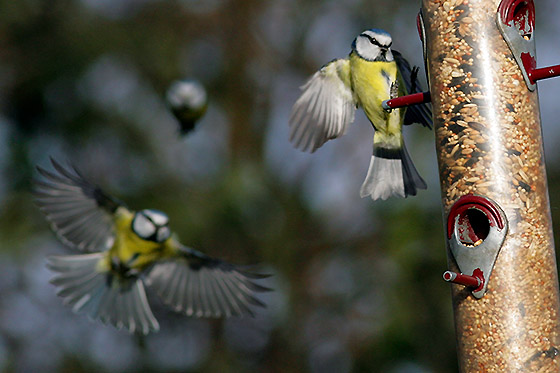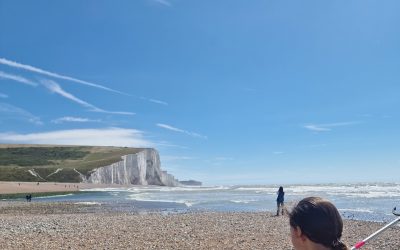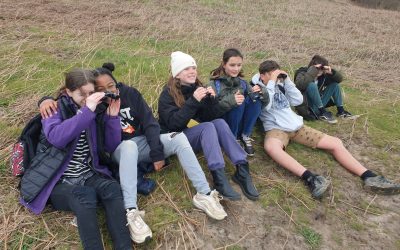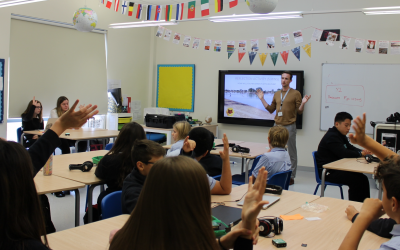As a conservation ecologist, I see evidence of these severe declines first hand and we all see these stories on the news and hear about damage to the environment. Despite this, there’s no change to our daily lives, we don’t feel any different, we haven’t seen anything different, so why would we worry about it? It seems we are so far removed from where all this bad news is taking place, it doesn’t matter to us. How can we care about something if we have no connection to it?

Half of the 9-11 year olds polled by the BBC Wildlife Magazine were unable to identify an oak tree, bluebell, blue tit or daddy-long-legs.
Not surprisingly then, an RSPB study of 1,200 youngsters showed that four in five children in the UK do not have a connection to nature. The children surveyed displayed a lack of any real appreciation, empathy or responsibility for nature and it wouldn’t be too much too assume most adults feel the same too. To add to this, a BBC Wildlife Magazine poll recently found that playing in the countryside was children’s least popular way of spending their spare time, and half of the 9-11 year olds they polled were unable to identify an oak tree, bluebell, blue tit or daddy-long-legs. Wildlife is withering away while we drift further from it. Younger generations are becoming further removed from the natural world around them and miss out on the excitement, the wonder and the improved health and happiness that a connection to nature provides.
So how did we become so removed from nature? The answer is complicated and there are many reasons, but put very simplistically it is widely considered to come down to three main reasons;
- Parents are keeping children indoors – the outdoors is wrongly seen as a dangerous place. full of hazards and strangers.
- Access to Green spaces – parks are disappearing and green spaces are becoming less accessible.
- Screens – we’re spending more time on computers, gaming and watching TV.
It’s this last point, screens stopping children from getting outside, that I regularly hear parents and teachers complain about. If we continue to fight the battle of “The Screens Vs Nature” for the minds of our children, nature will lose.
If we continue to fight the battle of “The Screens Vs Nature” for the minds of our children, nature will lose.
We need to take a new approach to our relationship with nature and technology. By flipping the current negative mindset on it’s head, we can turn the attraction of technology into a positive for nature. The gadgets we fear actually provide us with access to a whole world of information on a scale never seen before. We can use technology to reconnect with nature in new exciting ways. This is something we at Naturebytes believe in and are working hard to realise.
We are creating Digital Maker Kits that appeal to peoples natural interests in wildlife, something we’re calling “Wildlife Digital Making”. Our first kit will be the Wildlife Cam Kit, a heat sensitive camera trap that anyone can make and set up to take HD images of the wildlife in your garden, park or school. It’s a cool piece of tech that gives you a pair of eyes on your garden when you’re not their. More importantly, the wildlife doesn’t know it’s watching them so it gives you an insight into the illusive wildlife and the unseen animal behaviour that goes on in your back garden whether that’s a robin, hedgehog or the neighbourhood fox.
We can use technology to reconnect with nature in new exciting ways
The Naturebytes community is an open one, developing ideas and exciting new ways to use technology to help us all reconnect with nature. Naturebytes is one small step in the right direction, but we all need to find a way to reconnect with nature. So get involved in wildlife digital making, visit your local park or nature reserve, spend time in your garden or go for a walk. Whatever it is that works best for you, reconnecting with nature can only be a good thing for wildlife and for you.




Love the concept and idea. Good luck with it.
I have always thought that the day that the last bee dies that will be the day that human extinction will start to begin.